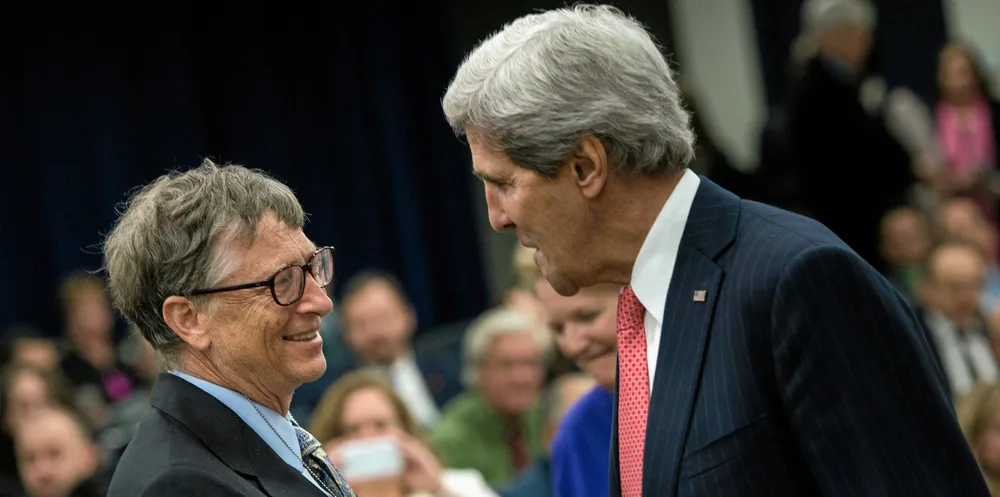'China wants to dominate': Kerry and Gates urge US to step up for hydrogen
Climate envoy and Microsoft billionaire claim public-private cooperation can unlock massive economic benefits in H2 economy

Climate envoy and Microsoft billionaire claim public-private cooperation can unlock massive economic benefits in H2 economy
